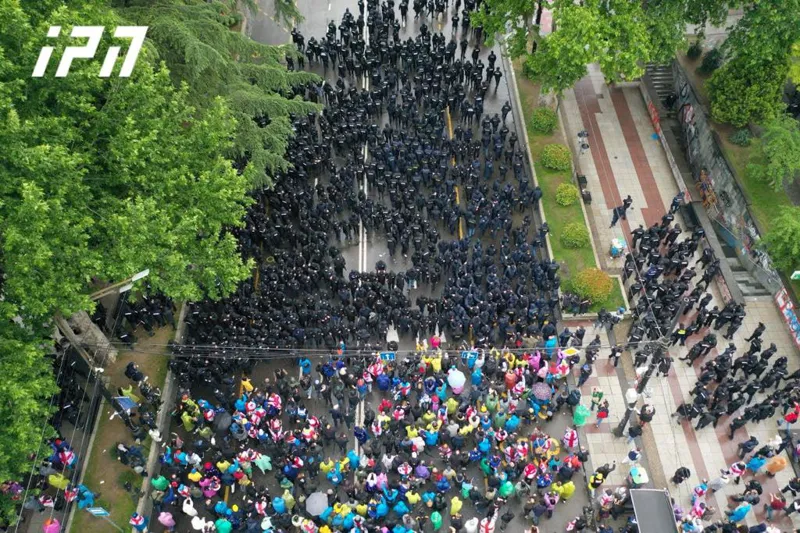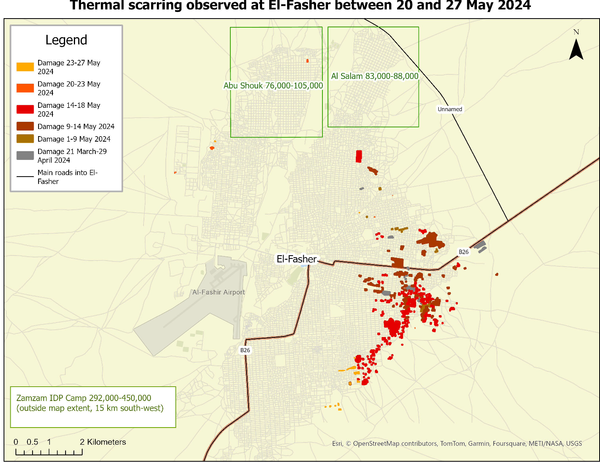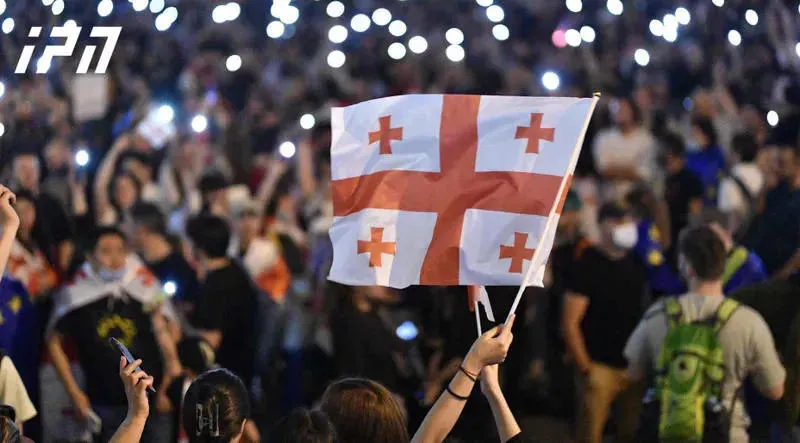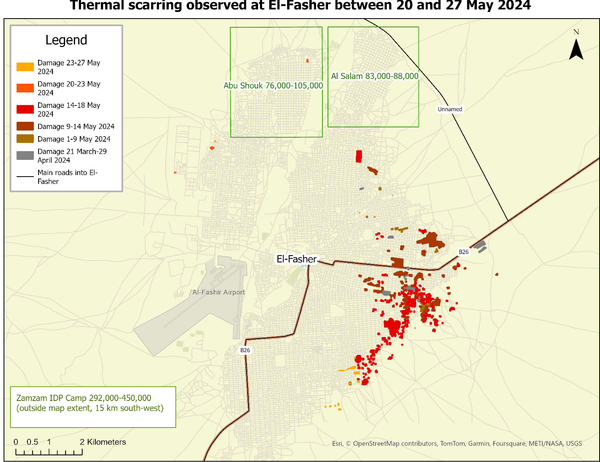Georgia Protests Could Escalate

The Georgian parliament has passed its third reading of a controversial foreign agents bill. The bill will likely be vetoed by the pro-EU president of the country, Salome Zourabichvili. However, the governing Georgia Dream party has sufficient votes to override her veto. So the bill will almost certainly pass soon.
It is worth noting that Georgia goes to the polls on October 26. While Georgia Dream will only win a small percentage of the overall vote, the remainder is split among many smaller opposition parties. So far no strong opposition has coalesced.
Why the Georgian government chose to pass this bill
This bill will make it difficult for foreign media and NGOs to operate in Georgia. This should help the ruling Georgia Dream party to continue to retain power by harming the ability of the opposition to prevail in the October 26, 2024 elections.
The combination of large protests, a democratically-elected but increasingly authoritarian government, and the looming threat of Russia next door, makes this situation combustible. The following analysis is based on an escalatory-ladder methodology. It is not a prediction of what will happen in the future, but it appears, unfortunately, to be feasible. The surface similarity to the Orange Revolution in Ukraine should be noted here. We should also note that Russia has already broken off two separate chunks of Georgia. This analysis may not be how the future plays out, but it is plausible.
Round 1:
- Georgian parliament completes passage of the foreign agents law, and start using it to crack down on opposition and media.
- Increased protests, likely met with police (and possibly military) action.
Round 2a:
- Protests increase to the point where government falls.
- OR, protests maintain right up to October, and coalesce around an opposition party, giving it sufficient votes to win.
Round 2b:
- Alternatively, GD wins the October elections, due to continued fracturing of opposition. Possibility of overt electoral meddling.
- Protests escalate, similar to Orange Revolution.
Round 3:
- In either case, above, Russia starts to interfere, probably deniably at first
- Possibility includes increased troops in break-away regions, or "little green men" assisting in breaking up protests.
Round 4:
- Further escalation. Protests turn violent, police give way to military action.
- Russian involvement increases, and goes beyond initial deniability.
Round 5:
- Full Russian invasion, possibly on pretext involving break-away regions.
- Either occupation of the entire country, or splitting off new regions.
Please support Bestworld with a quick like and comment on the LinkedIn version of this post here: https://www.linkedin.com/posts/cmeinel_by-jeremy-lichtman-the-georgian-parliament-activity-7196192854929465344-m_4g?utm_source=share&utm_medium=member_desktop




